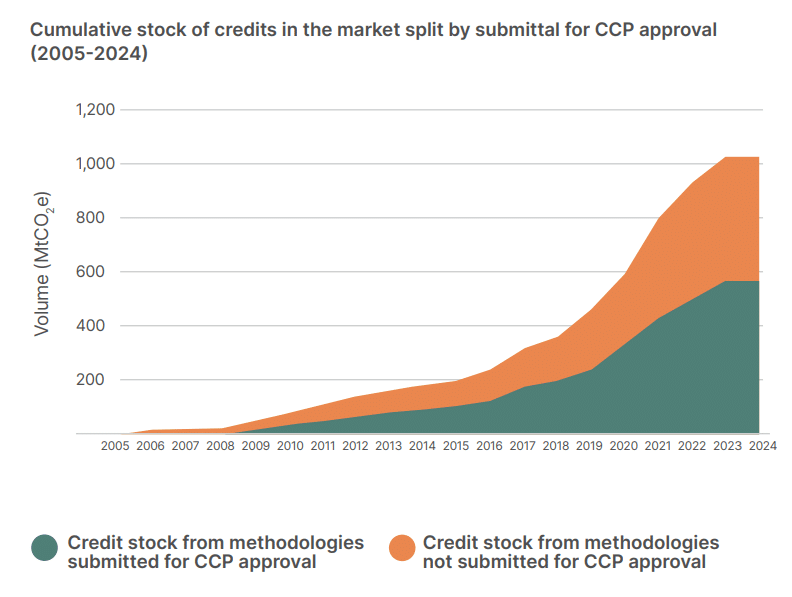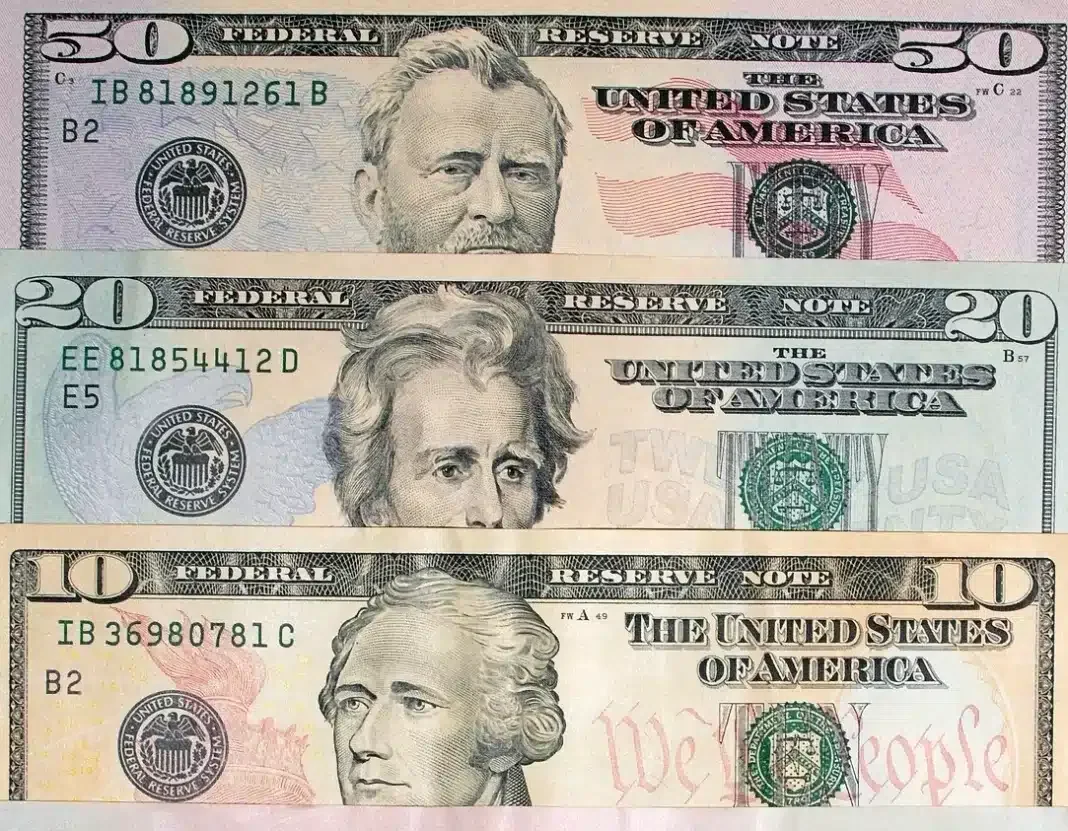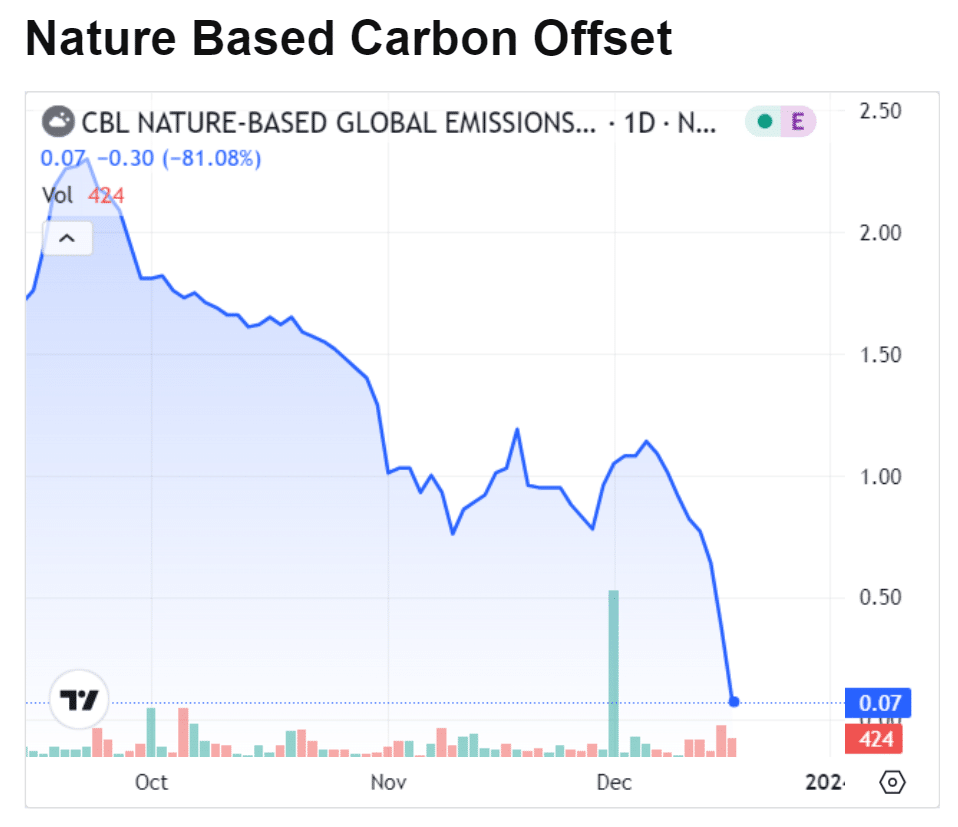The Integrity Council for the Voluntary Carbon Market’s (ICVCM) issuance of Core Carbon Principle (CCP) labels could significantly impact the price of carbon credits, potentially increasing it by $10 or more, according to Simon Jones, Founder and Managing Director of Emral Carbon. Jones made this assertion during a webinar panel hosted by the carbon intelligence platform Abatable.
Charting the Course to Premium Carbon Credits
Drawing parallels with projects under Article 6 of the Paris Agreement, Jones noted that cookstove projects with corresponding adjustments have been trading at a premium in the double digits.
Article 6 establishes mechanisms for countries to transfer credits to other nations while ensuring they aren’t counted twice. For instance, Ghana issued a corresponding adjustment to a volume of cookstove credits developed by atmosfair in November. This move will safeguard them from being counted towards the country’s nationally determined contributions.
Other market experts also express confidence in the likelihood of carbon credits labeled with CCPs commanding a double-digit premium compared to those without such labels. This potential premium could significantly impact the carbon credit market.
- Read this to learn more about ICVCM’s CCPs: The Core Carbon Principles
Currently, the Voluntary REDD+ Credits Average stands at $11.21 per metric ton for V23. Meanwhile, biochar credits typically trade at over $100 per metric ton. Bids for biochar credits were reportedly heard between $134 to $145 per metric ton.
The Integrity Council for the Voluntary Carbon Market has been evaluating over 100 carbon credit methodologies from 6 different registries based on its CCPs and Assessment Framework published last year. The Working Group has categorized carbon credits into one of 3 types of assessment.
The Council has initially aimed at announcing its first CCP labels by the end of March. But it has adjusted this timeline and expects to announce which methodologies have met its principles over the coming months.
Projections and Realities of CCP Label Assessments
The webinar hosted by Abatable aimed to explore the potential impact of CCP labels and other quality frameworks on stratifying the voluntary carbon markets. Around 71% of the market’s total credits are represented by methodologies applied for assessment by the ICVCM.
Abatable, conducting its own evaluation of methodologies based on the ICVCM framework, anticipates that only 6.4% are likely to receive a Core Carbon Principle (CCP) label.
These methodologies, primarily focused on waste management and industrial efficiency, currently offer 32 million credits. This accounts for 3.8% of the existing supply.
A further 36.7% of methodologies are deemed to have a medium likelihood of receiving a CCP label. Meanwhile, the majority of the credits come from renewable energy and cookstove projects.
About 54% of the surplus credits in the market were from methodologies that are currently undergoing review by the CCP, per Abatable report.

However, methodologies related to nature-based solutions are less likely to receive a CCP label due to ICVCM’s stringent permanence requirements. For over 2 years, the prices of nature-based carbon credits (NGEO) have been on a never-ending cliff as seen below.
NGEOs, or Nature-Based Carbon Credits, are credits generated by projects implementing nature-based solutions to reduce, remove, or prevent carbon emissions. These projects often involve activities such as forest conservation or restoration, which sequester carbon in trees and soil, or agricultural practices that decrease emissions and enhance carbon storage.
However, despite their potential environmental benefits, the demand for NGEOs has been diminishing. This decline is largely attributed to the absence of standardized regulations governing carbon markets. Recent studies have highlighted concerns about the reliability of the system, particularly emphasizing the lack of clear rules and guidelines.
Navigating the Future of CCP Labels
Coco Chernel, a research associate at Abatable, emphasized that those projections are based on a conservative interpretation of ICVCM’s Assessment Framework. The final determination of CCP labels may depend on the multi-stakeholder working groups’ interpretations of uncertainties and the Assessment Framework.
Simon Jones of Emral Carbon highlighted that CCP labels and other quality initiatives could create multiple tiers within the carbon market, potentially resulting in a four-tiered market structure. He further said that:
“They [CCP labels] can’t be used as a proxy for project-level quality. So, you still need to do your due diligence on individual projects. I think one also has to bear in mind insurability, bankability of projects, and so on.”
Jones also pointed out that the timing of ICVCM’s label announcements could have unforeseen impacts on carbon markets. As ICVCM prioritizes methodologies delivering the highest volume, relying solely on CCP-labeled credits may overlook high-quality projects and credits that are not at the forefront of the queue.
Overall, CCP labels aim to enhance transparency and quality assurance in the voluntary carbon market. Still, stakeholders should remain vigilant and conduct thorough assessments to ensure the credibility and integrity of carbon credits.


